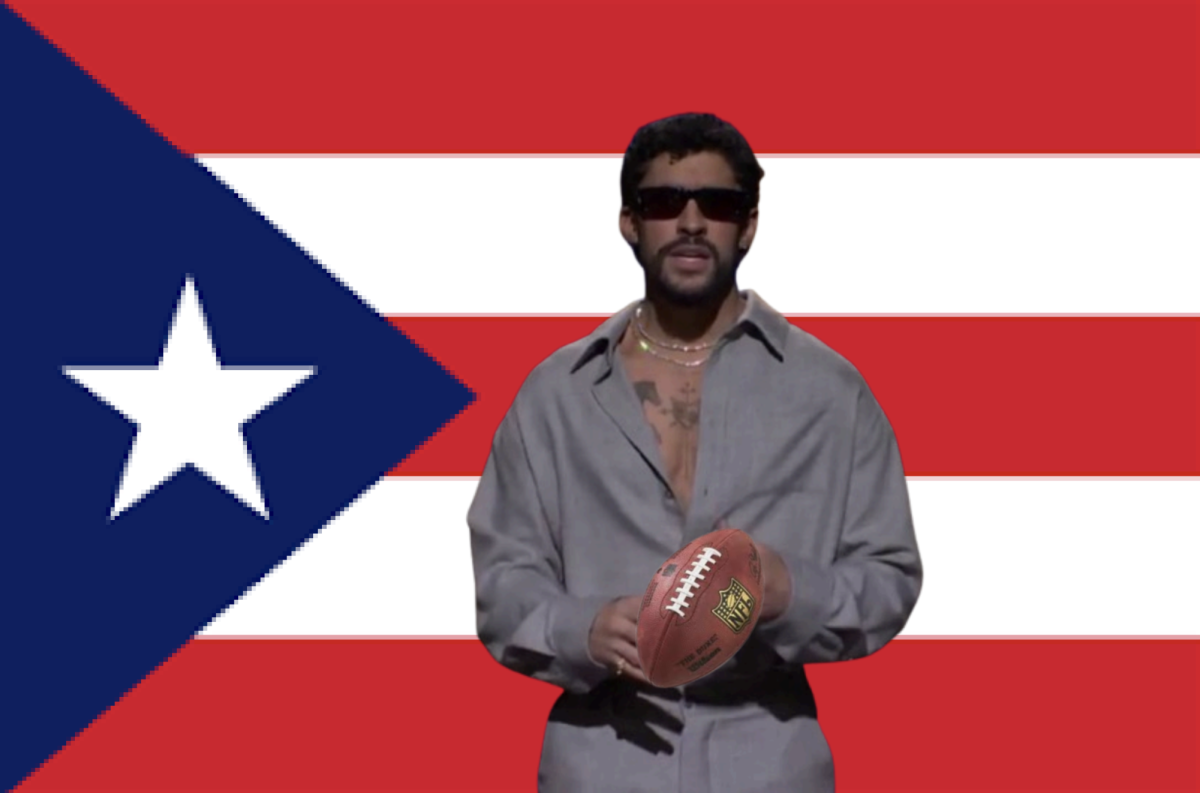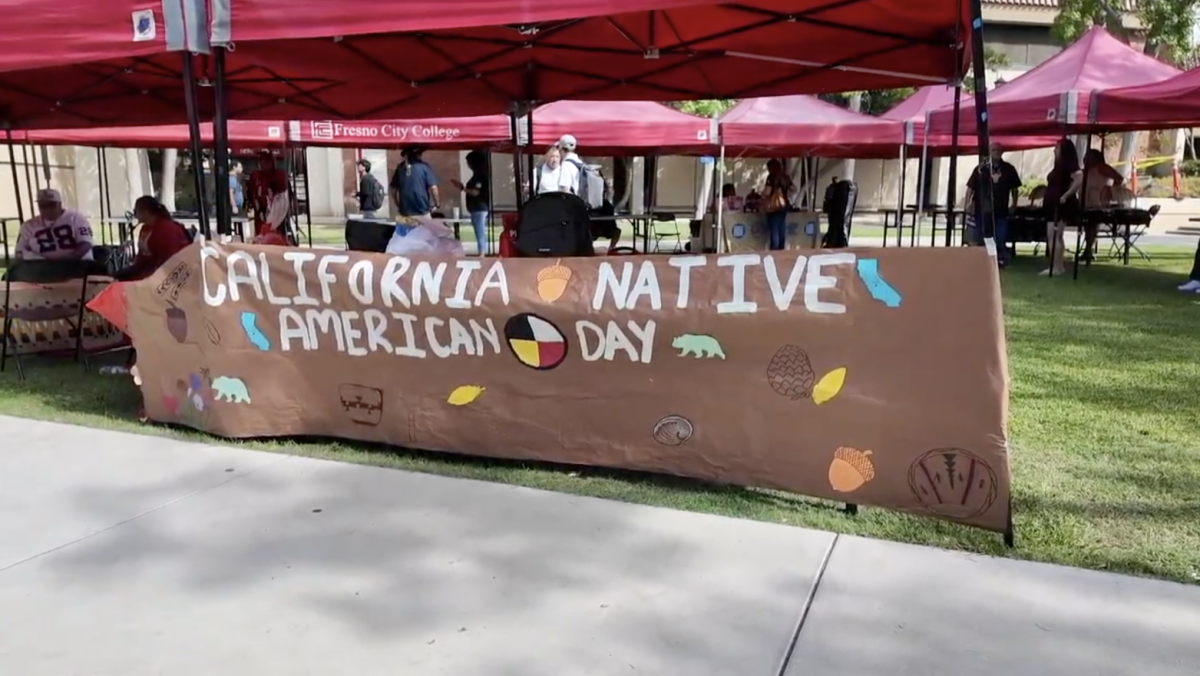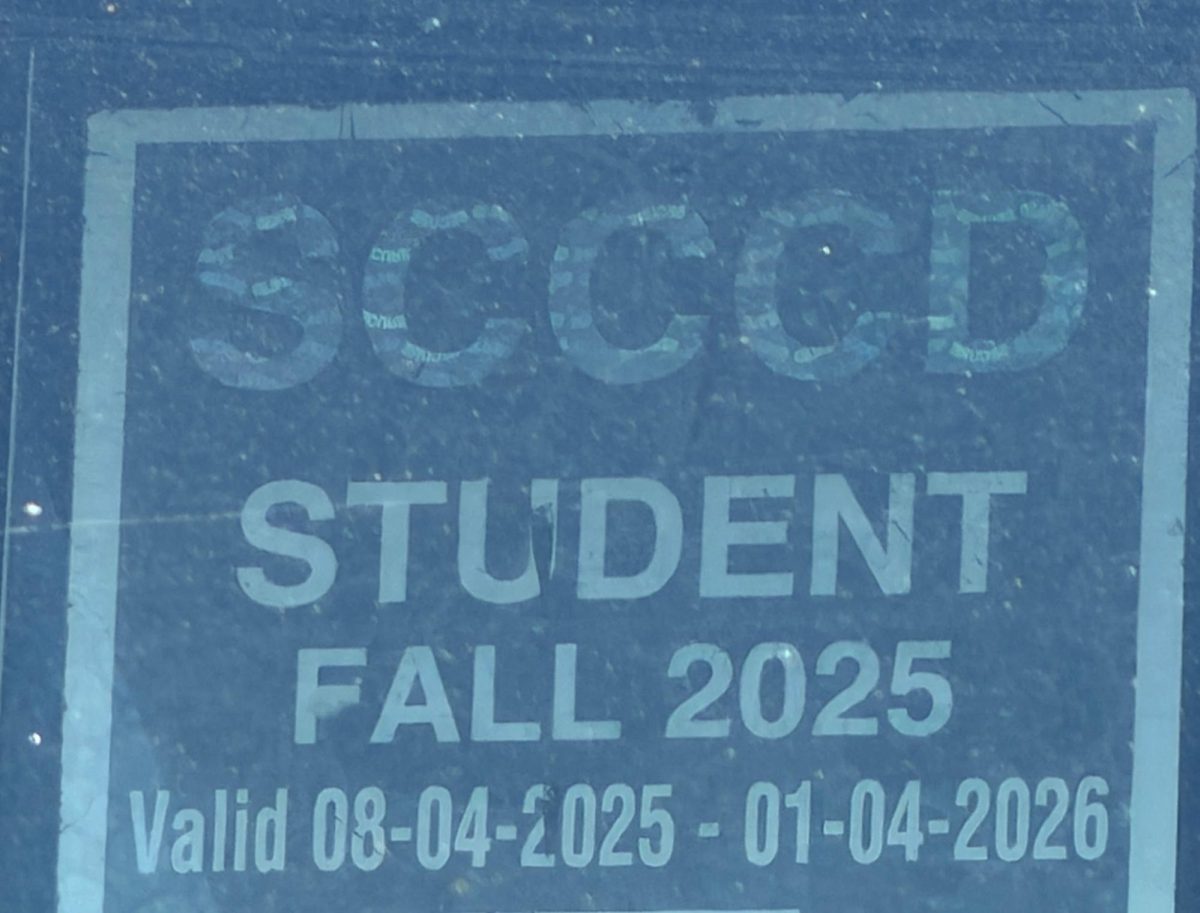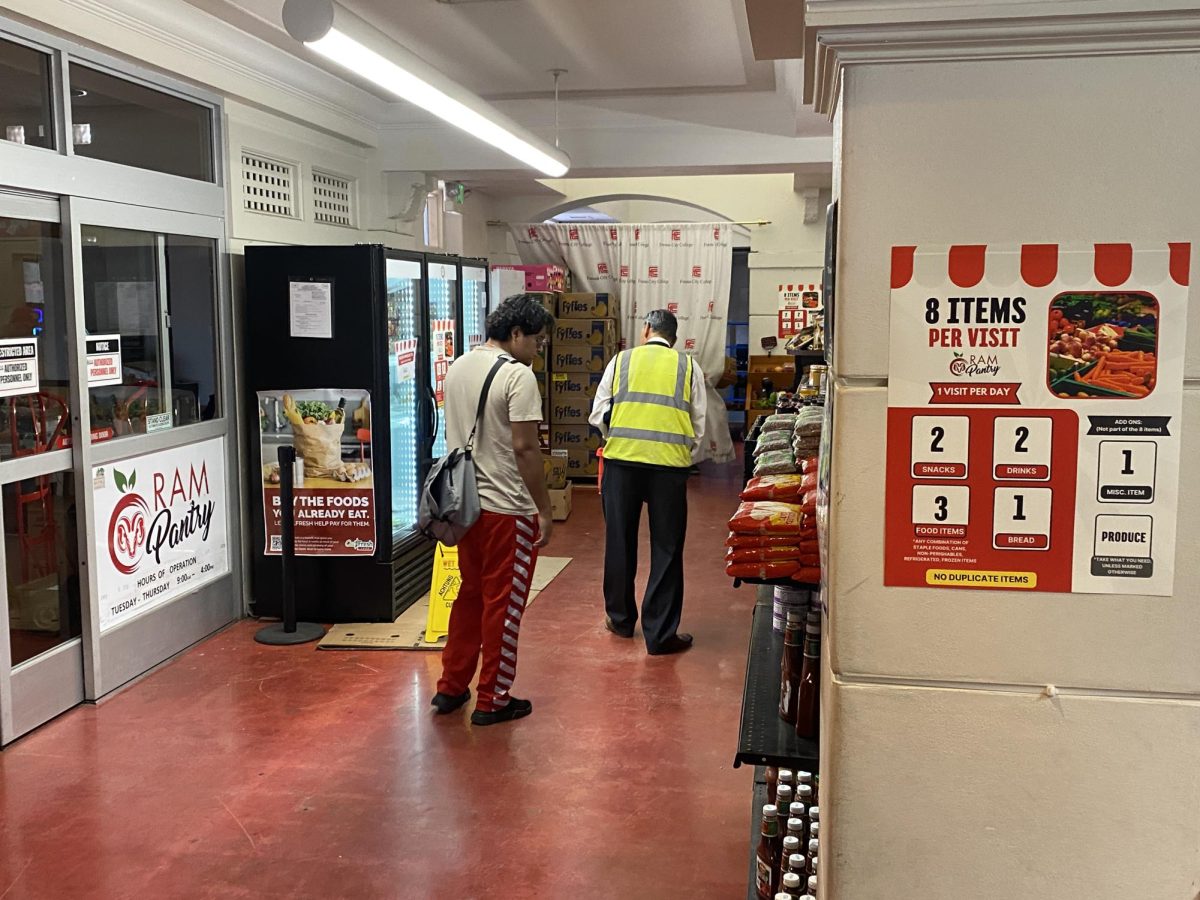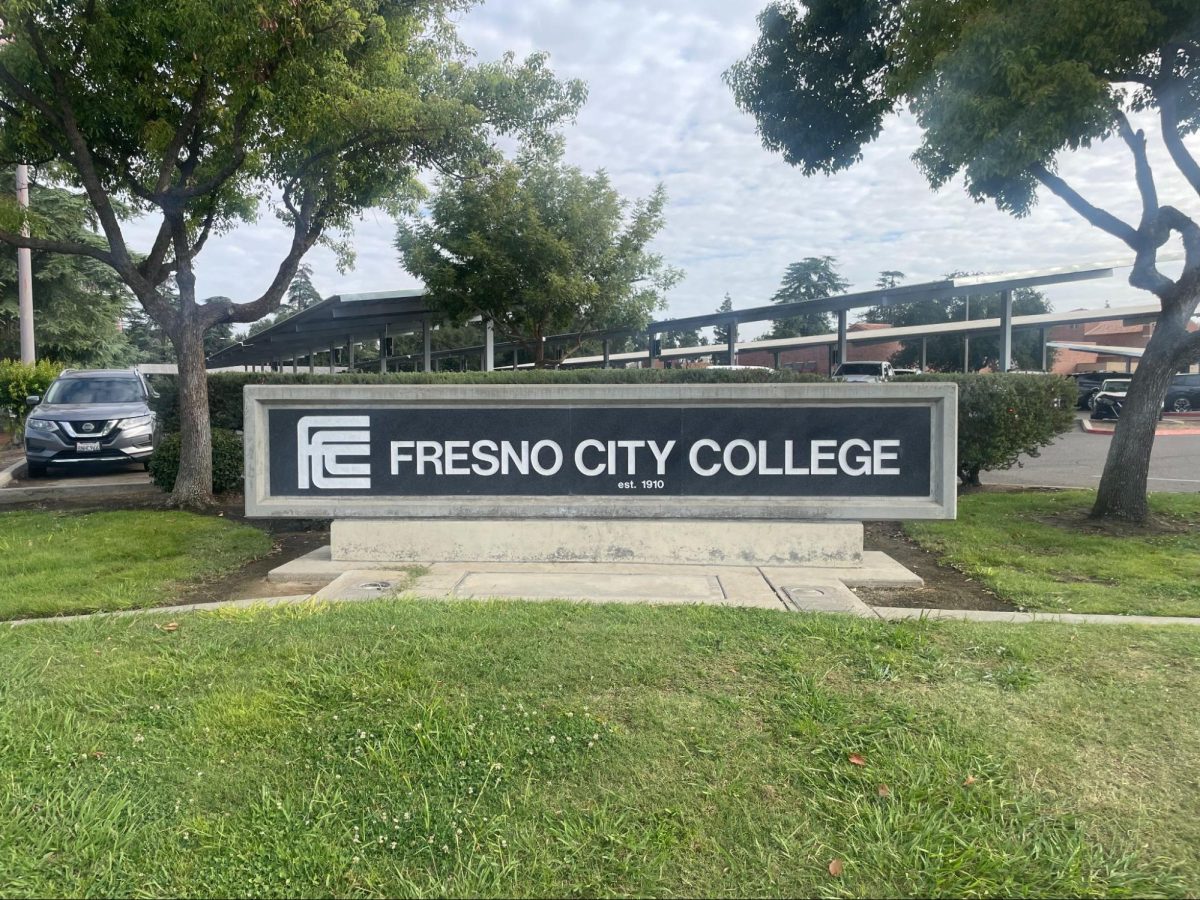The signs can be found on dirt fields across the San Joaquin Valley, where crops once grew in abundance. Agriculture is at the heart of the valley’s economy, but since 2007, there has been a shortage of water, bringing jeopardy to the farms and sending unemployment on the fields of the San Joaquin Valley to a staggering 14 percent.
The solution to this crisis is a simple one: turn the pumps back on.
So why won’t Congress allow such a simple but precious supply to flow once more, saving the farms and the economy?
The problem is that the pumping stations responsible for the delivery of the water have a tendency to suck in and kill the San Joaquin Delta Smelt. They are tiny fish whose main purpose is to serve as bait to catch bigger fish. In recognition of this, Representative Nancy Pelosi has opted to shut off the water to save the smelt, even at the cost of the farmers and the valley’s well-being.
Envioronmental zealots at the Friends of the River, the Department of the Interior and the US Fish and Wildlife Service claim that the Delta smelt is critical to San Joaquin Delta’s ecosystem. It is the proverbial “canary in the coal mine”, an integral indicator of the health of the river, as it’s closely tied to the salmon, the smelt’s main predator. Gordy Slack of the Los Angeles Times even goes as far as to say that, “Removing the delta smelt would be like pulling the ghost from ‘Macbeth’.”
But the ugly truth of the matter is that this species of fish has developed and evolved no traits by which it can survive. So, nature (if man is included in it) has selected the smelt for extinction. It may sound cruel to allow the smelt to die off, but this is simply natural selection in action.
Why then won’t Congress let nature run its course?
The reason is that the smelt is an endangered species. As such, it’s protected by the Endangered Species Act and is entitled to federal protection. To save the smelt, the Federal Government is thus stamping its foot down on the heads of the farmers, putting the smelt’s needs over the cotton, corn and grapes, and every other type of produce in the valley.
Now comes the time for Congress to search for alternatives to the death of the farms. This is a clear warning that the Endangered Species Act needs to be reformed. If it means the destruction of the agriculture of the San Joaquin Valley, then steps must be taken to allow water to flow again. The fish should be safeguarded and protected, but not if it means taking priority over the well-being of the very people that the government was created to protect.
If nothing else and if the Delta smelt truly must be saved, then it should be the government’s job remove the smelt from the water. It’s completely possible to take them from the San Joaquin Delta to put them in specialized fish farms, then reintroduce them when their population is revived. In the meantime, a similar and common species of fish, like the minnow, could be introduced to the Delta. They’re similar to the smelt and the salmon would likely have no trouble in adjusting to eating them while waiting for the repopulated smelts to return.
Either way, the life of the San Joaquin Valley is at stake and action needs to be taken.

